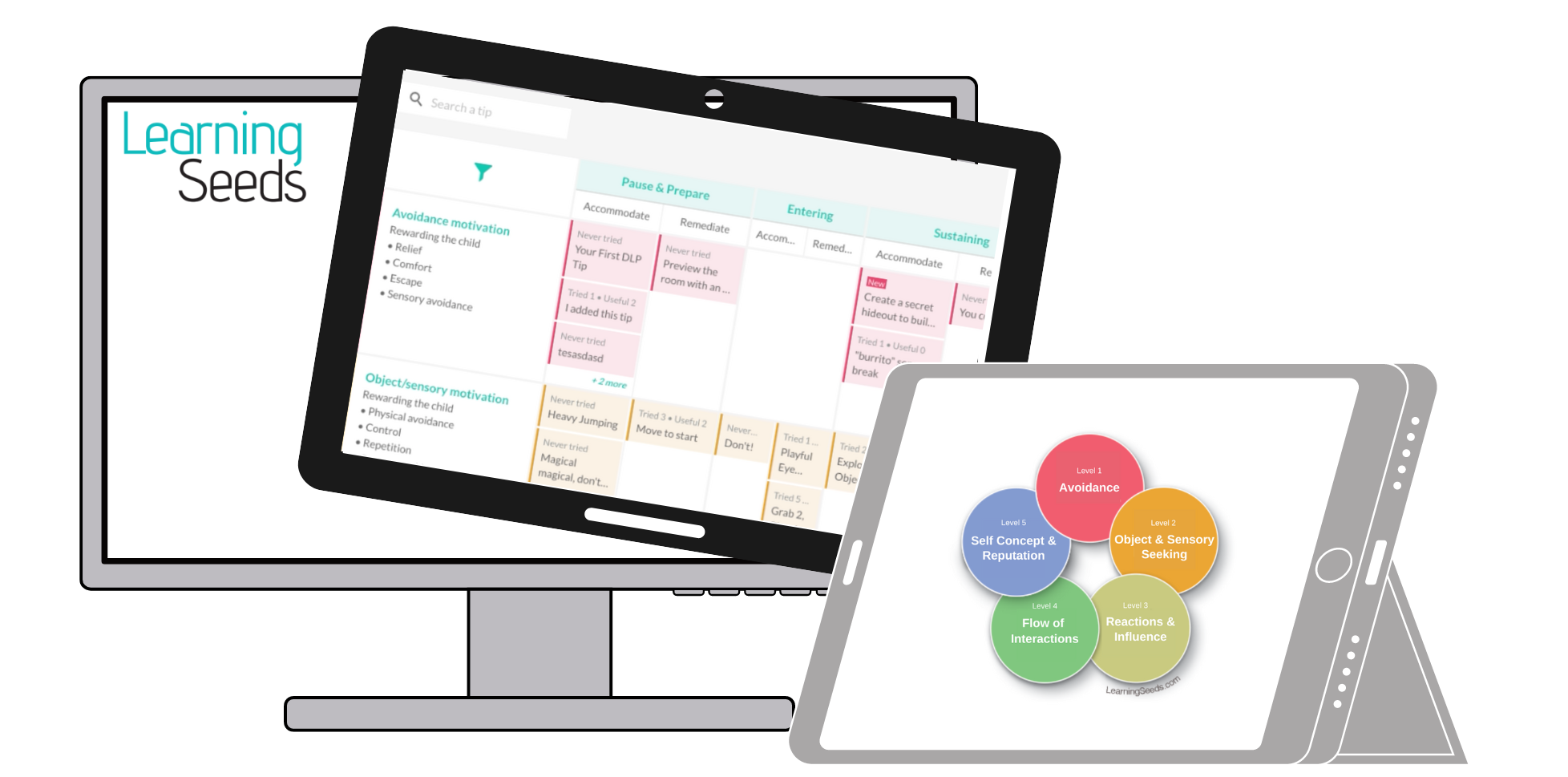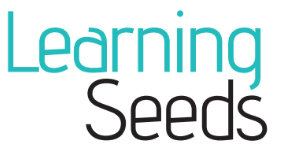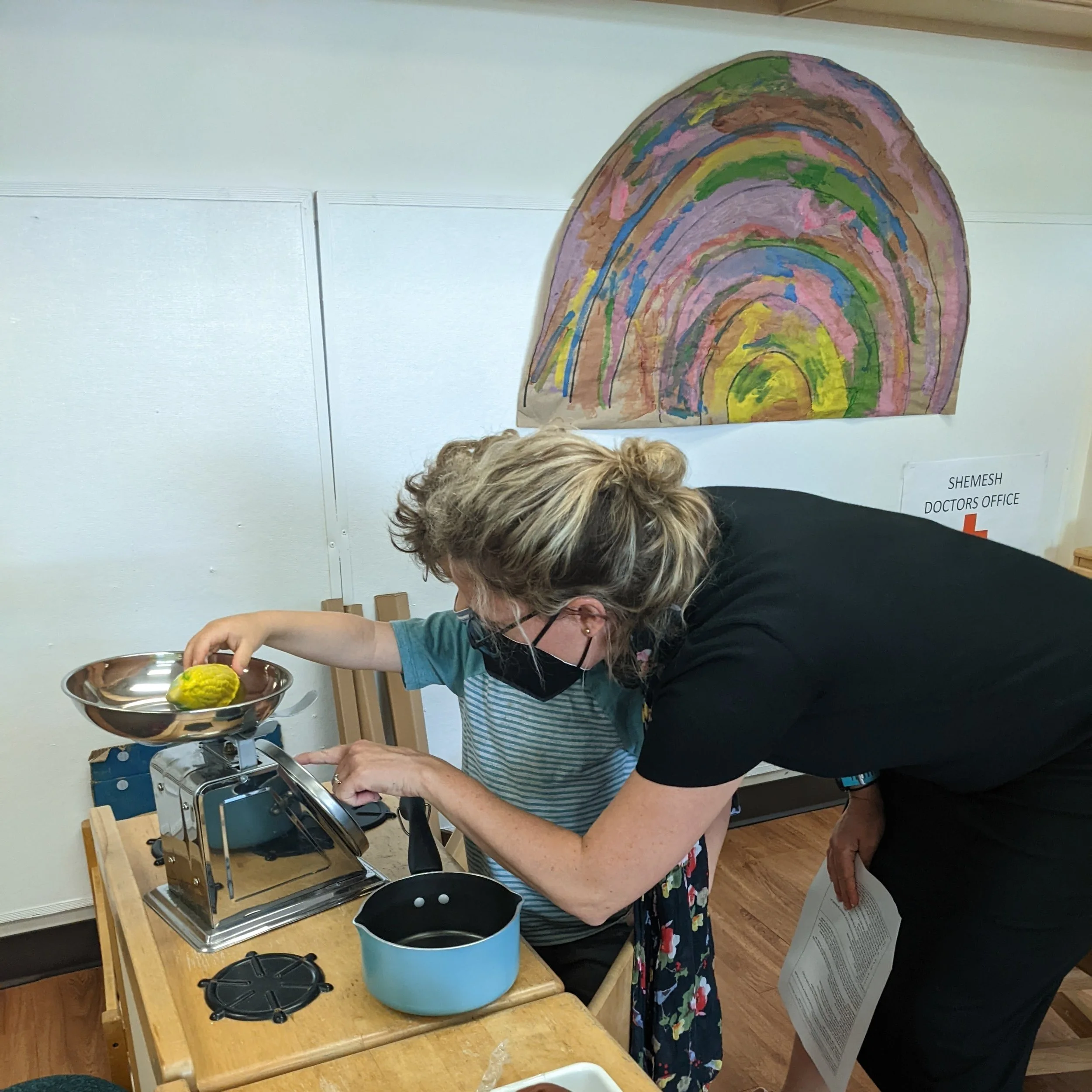
Experiential Learning Framework
We are Experts in Scaffolding Experiential Learning
Experiential learning is learning by doing. Some of the most important learning children do is when they have freedom to explore.
Children who struggle socially tend to get stuck in cycles of negative behavior that lead to isolation, exclusion or stagnant repetition. Instead of leaving struggling children on their own—to repeat their patterns over and over and miss out on learning—scaffolding helps them move forward without taking their autonomy away from them.
Scaffolding doesn’t take over the play or turn it into a curriculum. When we scaffold while a child is playing, we act as a bridge to help a child move from having simpler to more complex experiences, or from negative experiences to positive experiences. This leads the child towards having even more learning experiences, developing self-efficacy, and deepening their sense of identity within the context of a group.
Skills to Work on Before Kindergarten
If we had a magic wand we could wave to give a child the most important skills to be ready for Kindergarten, they would be the skills to explore, interact, and play in a group. Taken together, these skills can be described by self efficacy, social emotional learning (SEL), executive functioning (EF), and approaches to learning (ATL).
Children who have these skills can learn naturally as they interact with the activities, the people, and the play in their classroom. Growth in academic and social areas is limited, however, for Kindergarten students who haven’t developed these skills before they enter Kindergarten.
Our Framework for Scaffolding Experiential Learning is how we support children to develop social emotional readiness through learning to play and pretend during the free exploration, interactions, and play experiences.
Scaffolding Experiential Learning for Children with Limited Skills
Learning Seeds is for children who are not yet ready to talk about how and why they behave the way they do. We apprentice the child in experiential learning, so that they develop more motivation and more skills on a journey towards developing self-advocacy and a sense of identity within the group.
The outcome of our scaffolding can lead to a child having an awareness of social dynamics (Who am I? How am I a part of this group? What are the ways I want to work on my behavior to influence and maintain my status in the group?).
Once children have that skill set, they are ready to learn from the many valuable social emotional learning programs out there such as The Golden Rule, Thinking About You Thinking About Me, and The Zones of Regulation. At that point, you can also give them feedback on their behavior because they can think about 1) who they want to be in the group and 2) how they can drive their own behavior change.
Our Experiential Learning Framework and Strategies
Our Experiential Learning Framework maps out rich ways to scaffold in the moment as a child is experiencing free exploration, interactions, and play. The framework integrates thousands of hours of our own social coaching with children who struggle to connect, along with research on topics such as social development, self-efficacy, and executive functioning.
The framework is based on eight major categories of experiential learning that can happen during free exploration, interactions, and play. Within those eight categories we have pinpointed dozens of sub-goals to help educators set targets by:
Recognizing patterns and motivations in the child's behavior.
Selecting what they want the child to experience next.
Choosing how they scaffold to support the child to reach the target experience.
We additionally have a searchable database filled with 1000+ tips—strategies and real world examples—organized by the framework categories. The database guides educators on how to scaffold to move the needle for a child who isn't naturally expanding and changing their play and interactions in positive ways.
Opportunities for Collaboration
We are always interested in discussing opportunities to collaborate and partner with other organizations working to support young children. For schools, EdTech companies, researchers, and other organizations, please visit Research & Partnerships. For parents, learn more about our Services for Preschool Students.




